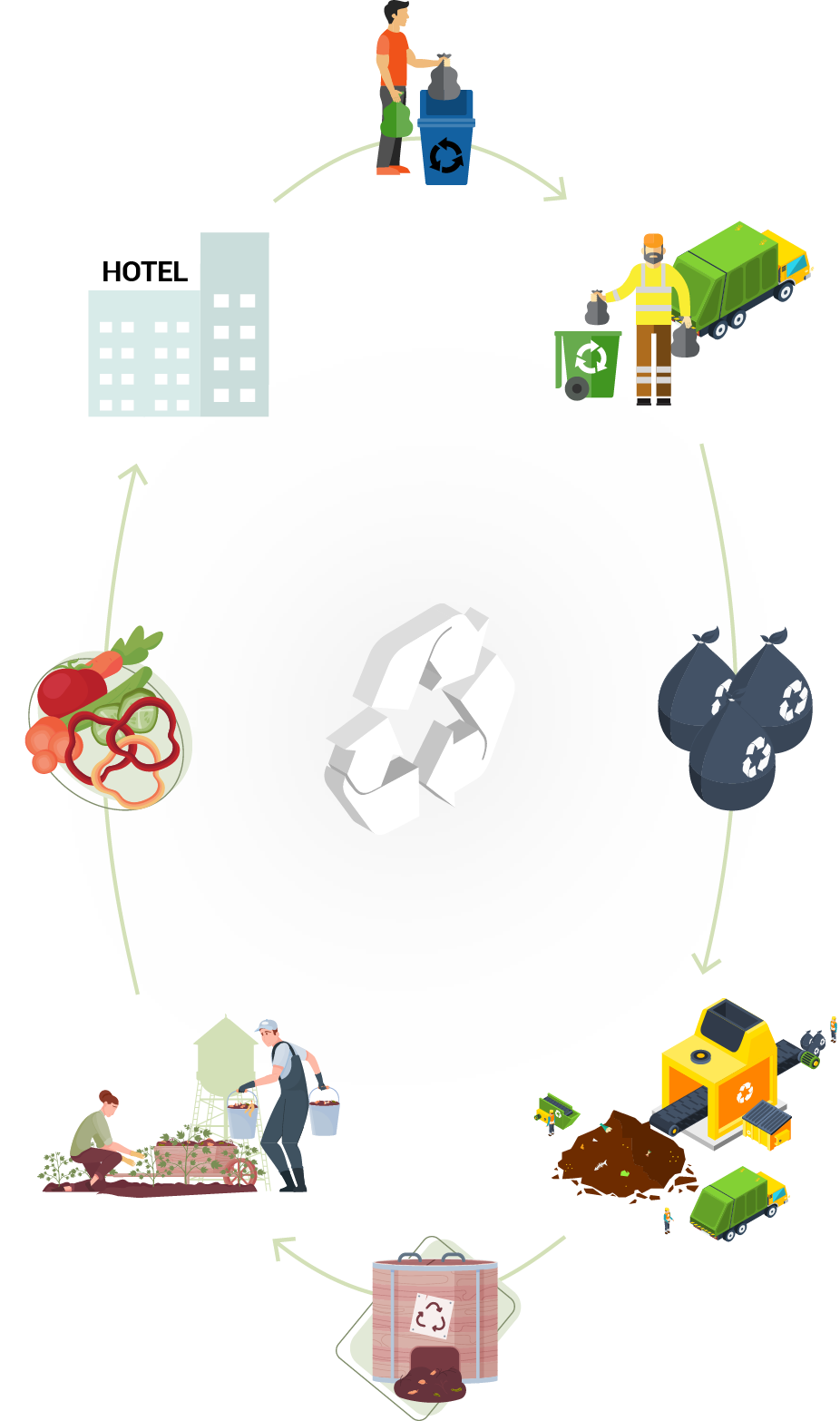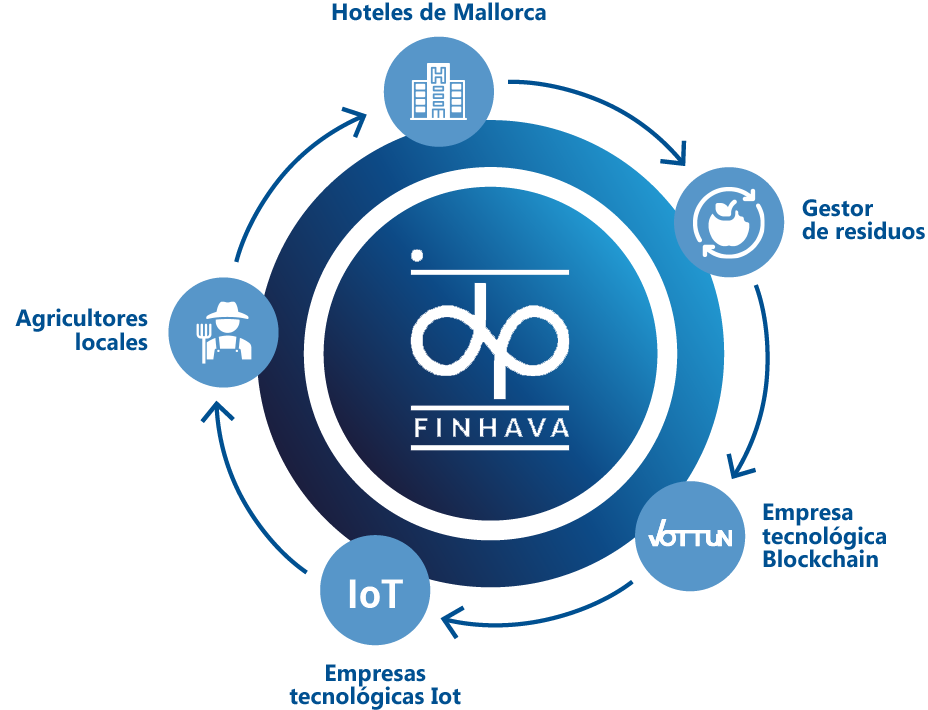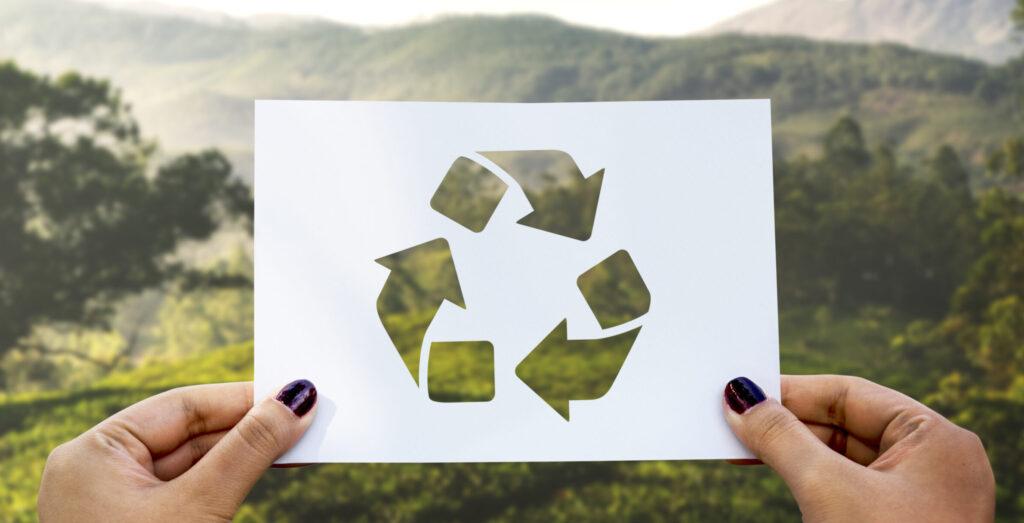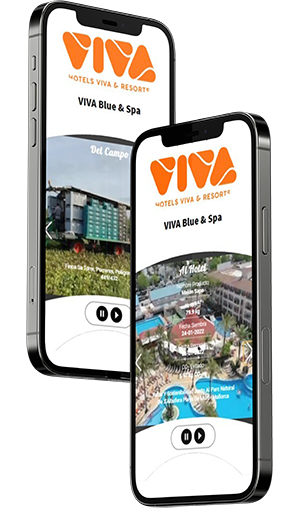- Sustainability - case study
Sustainability with Blockchain - How to improve the circular economy and the green transition
Finhava is a technological and collaborative platform that, through Blockchain Technology, allows tracing the entire lifecycle of a product, thereby ensuring the origin of raw materials and promoting sustainable, local, and ecological agriculture.


This circular economy project represents an alliance between a diverse set of leading companies in various sectors. The shared goal is to promote sustainable practices and preserve the environment in Mallorca. The companies participating in this initiative are the following
- Hotels: Melià Hotels International, Iberostar, Riu Hotel & Resorts, Marriot International, Hotels Viva & Resorts
- Farmers: Agromallorca, Refrilog, Es Merca, Huguet, Son March, Al & Verd, Agrícuola Dalmau
- Waste Manager and Management Platform: Tirme
- Blockchain Technology Company: Vottun
- IoT Technology Companies: Limit, Wirles DNA
Need of project
Need to address sustainability and waste management issues. Prior to the collaboration, the companies involved faced difficulties in effectively managing organic waste generated in the hotels and promoting sustainable practices in their respective industries. The lack of a traceability system and the absence of reliable data made it difficult to make informed decisions and promote sustainability.

Summary
Hotels produce organic waste from their catering operations. This waste is collected separately and deposited in special containers.
The waste manager collects the organic matter from the containers, captures the measurement data from each container and transports this matter to their recycling plants where it is weighed and processed, transforming the waste into biogas, a renewable source for the production of electricity, and green compost for use in agriculture.
The electricity can be sold as renewable energy and the organic compost is identified with customer data and delivered to local farmers as fertiliser for organic and KM zero crops.
The KM zero agricultural products produced with the help of this compost are purchased by the hotels and included in the food they serve to their guests, thus closing the circle of a more sustainable local economy for all.
In this way a circular economy has been created on the island of Mallorca, each point of the process is traced through the blockchain technology created by Vottun, which provides all kinds of data to both the actors and the end consumers.
Added Value
Full traceability: Vottun's blockchain technology enables comprehensive tracking of every step in the process of collecting, processing and distributing organic waste. This guarantees data integrity and authenticity of information at every stage.
Transparency: the data collected throughout the process is available to all actors involved, from the hotels to the waste manager and farmers. This creates a high level of transparency in the supply chain and ensures that all parties have access to relevant information.
Efficiency and optimisation: Vottun's platform enables efficient data collection and management, which can help identify areas for improvement in the process. This can lead to greater operational efficiency and cost savings.
Data security: blockchain technology ensures data security and prevents manipulation or alteration of information. This is essential for record reliability and traceability.
Added value for end consumers: end consumers can verify the authenticity of the KM zero agricultural products they consume, increasing confidence in the provenance and quality of the food.
Promotion of sustainability: by closing the cycle of the circular economy and using organic waste to produce biogas and green compost, environmental sustainability is promoted and dependency on non-renewable energy sources is reduced.
Boosting the local economy: the use of green compost in local agriculture supports local farmers and encourages the production and consumption of zero KM food, which benefits the local economy.
Renewable energy: the production of electricity from biogas generated from organic waste is a renewable energy source that can be sold, generating additional income.

